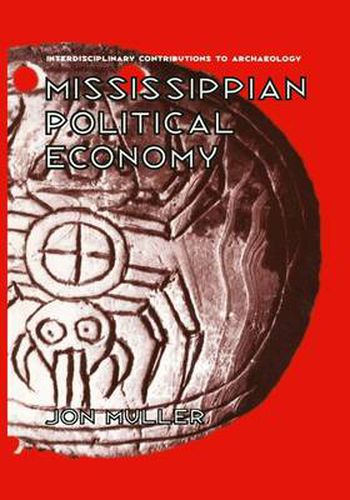Readings Newsletter
Become a Readings Member to make your shopping experience even easier.
Sign in or sign up for free!
You’re not far away from qualifying for FREE standard shipping within Australia
You’ve qualified for FREE standard shipping within Australia
The cart is loading…






This title is printed to order. This book may have been self-published. If so, we cannot guarantee the quality of the content. In the main most books will have gone through the editing process however some may not. We therefore suggest that you be aware of this before ordering this book. If in doubt check either the author or publisher’s details as we are unable to accept any returns unless they are faulty. Please contact us if you have any questions.
This book is written from a particular theoretical and practical postnon. The first chapter outlines some of these issues, but a few issues requireemphasis. The first is what is meant by political economy.
The concept of political econ- omy used here derives from common economic and social science usage. Sometimes, however, a few individuals seem to consider political economy to consist only of power relationships, especially in regard to distribution and consumption, often excluding or ignoring social reproduction or production. Although power and its uses are important issues, this is a very incomplete view of political economy from my perspective, one that ignores arguably eentral issues. Another issue is that of historieal eomparisons. Some of the ehapters that follow have mueh historieal data. The historical eomparisons are not the point of this volume, however. Testing of historieal models is important, but the reader should not be distraeted by them. I have long preaehed against misuse of historieal analogy. I do argue that the historie and prehistorie Southeastem societies have been misunderstood so as to make an artifieial gap between them, but this is a seeondary issue. In any ease, the thesis of similarity is being tested against empirieal evidenee. The historieal data are absolutely not being used to interpret the prehistorie data.
$9.00 standard shipping within Australia
FREE standard shipping within Australia for orders over $100.00
Express & International shipping calculated at checkout
This title is printed to order. This book may have been self-published. If so, we cannot guarantee the quality of the content. In the main most books will have gone through the editing process however some may not. We therefore suggest that you be aware of this before ordering this book. If in doubt check either the author or publisher’s details as we are unable to accept any returns unless they are faulty. Please contact us if you have any questions.
This book is written from a particular theoretical and practical postnon. The first chapter outlines some of these issues, but a few issues requireemphasis. The first is what is meant by political economy.
The concept of political econ- omy used here derives from common economic and social science usage. Sometimes, however, a few individuals seem to consider political economy to consist only of power relationships, especially in regard to distribution and consumption, often excluding or ignoring social reproduction or production. Although power and its uses are important issues, this is a very incomplete view of political economy from my perspective, one that ignores arguably eentral issues. Another issue is that of historieal eomparisons. Some of the ehapters that follow have mueh historieal data. The historical eomparisons are not the point of this volume, however. Testing of historieal models is important, but the reader should not be distraeted by them. I have long preaehed against misuse of historieal analogy. I do argue that the historie and prehistorie Southeastem societies have been misunderstood so as to make an artifieial gap between them, but this is a seeondary issue. In any ease, the thesis of similarity is being tested against empirieal evidenee. The historieal data are absolutely not being used to interpret the prehistorie data.